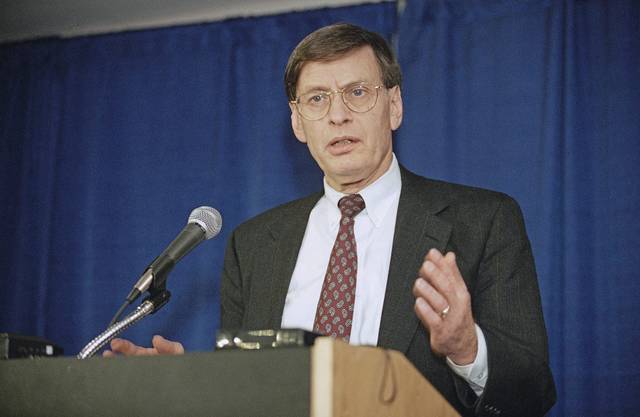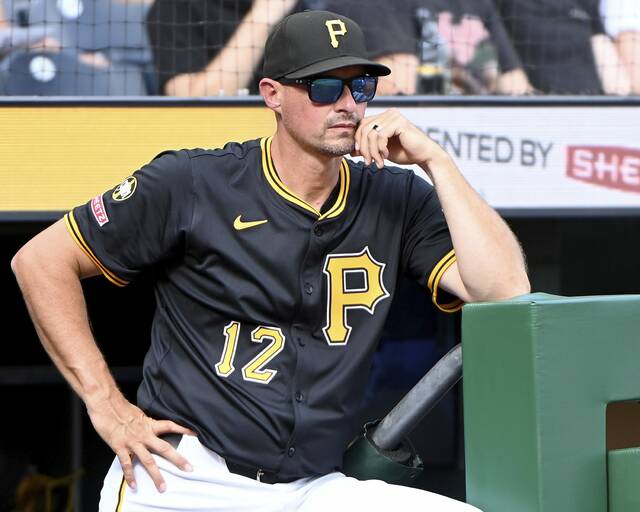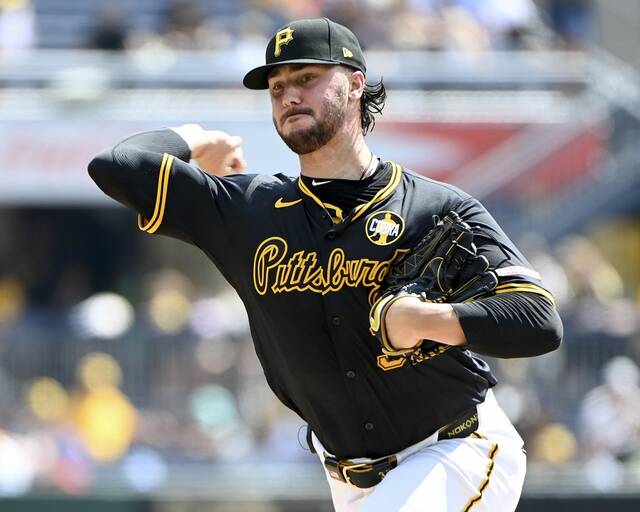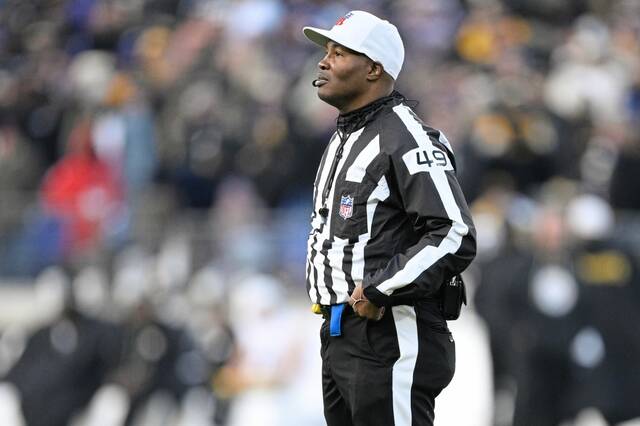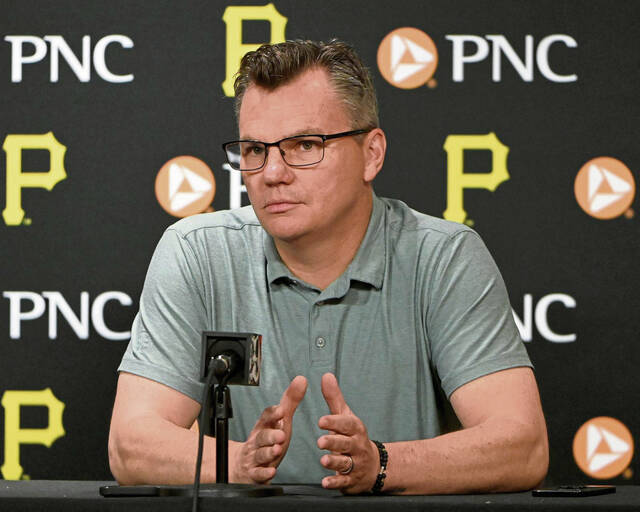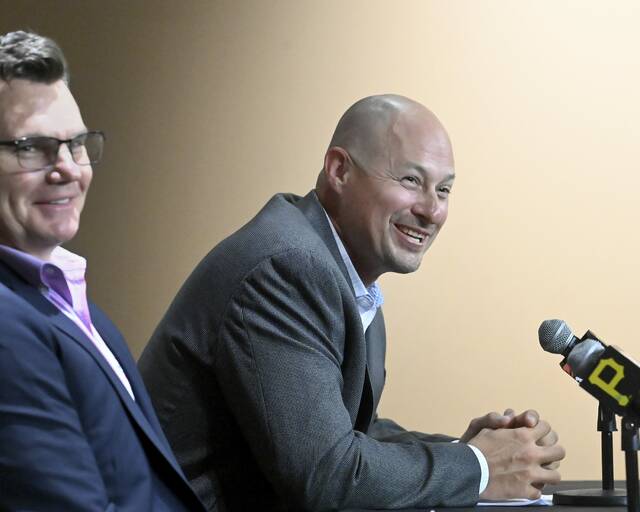A year without awarding the Stanley Cup? No 2020 NBA champion? Even, perhaps, no World Series or Super Bowl winner?
All are seemingly in play as the nation — and world — deals with the ongoing coronavirus pandemic. The major sports leagues in North America have been shut down in its wake. And while no one knows for sure when a return to normalcy can allow for the resumption in play needed to stage NHL, NBA, MLB or even NFL postseasons, it is possible North America’s four longstanding major sports leagues will go without a champion for their suspended or upcoming seasons.
It was 101 years ago last week that the sixth and deciding game of the 1919 Stanley Cup Final was canceled after several players on the Montreal Canadiens and Seattle Metropolitans became seriously ill during the Spanish flu pandemic.
Since, though, the NHL, MLB, NFL (its postseason format began in 1933) and NBA (founded in 1946) have combined to endure through World War II, the 9/11 terrorist attacks and other calamitous world events to award a champion in 359 out of 361 possible seasons.
Though each of the major leagues has endured multiple seasons affected and shortened by labor disputes, it was work stoppages that caused the lone two instances of a “no champion” designation in the history books: MLB in 1994 and the NHL 11 years later.
In 1994, there was no World Series because of a players’ strike that began Aug. 12 of that year and was left unresolved until well into 1995.
Similarly, there were no Stanley Cup playoffs in 2005. They were called off by commissioner Gary Bettman on Feb. 16. The 2004-05 NHL season never got started because of a lockout that began Sept. 16, 2004.
Citing aggregate losses of $273 million two seasons prior, NHL owners dug in on a demand for a leaguewide salary cap. Through NHLPA executive director Bob Goodenow, players vowed to never accept one.
That left for an impasse, and not even an imposed deadline could break the stalemate. The league and union ramped up negotiations in January 2005, but the “philosophical differences” proved too much to overcome.
Even though the Players Association ultimately relented on the issue of the salary cap, the haggling over the precise figure to set it at dragged on too late for what Bettman believed could be a representative season. So, on a winter Wednesday afternoon in Manhattan he announced the first cancelation of a full major North American sports league’s season in history.
“This is a sad, regrettable day that all of us wish could have been avoided,” Bettman said.
The league and its players came to an agreement in July 2005 — the hard salary cap a central tenet of it — and the Stanley Cup has been safe since.
The summer of 1994 similarly featured simmering tensions between MLB players and owners that culminated when players began a strike on a day they had long warned was their deadline for doing so.
Like hockey owners a decade later, baseball team owners had offered several proposals to the MLBPA that featured salary caps. The players wanted no part of a cap — unlike their hockey brethren, though, they never buckled.
While suggestions such as a September Stanley Cup and a Christmas World Series are given credence, Sept. 14 was a curious drop-dead date for the 1994 MLB season.
“There’s an incredible amount of sadness,” Selig said that day in canceling the World Series. “It is very hard as I told the group on the phone to articulate the poignancy of this moment. There is a failure of so much.”
The strike extended deep into the following spring training, which was being held with replacement players that MLB owners intended to play the 1995 season with. But future Supere Court justice Sonia Sotomayor issued a preliminary injunction against owners days before Opening Day.
That bound MLB and its players to terms of the since-expired collective bargaining agreement, so the players ended their strike. A shortened 144-game season was played in 1995, complete with the first World Series in two years.
But the damage of the lost 1994 World Series was done, not unlike how the NHL lost its championship round in 2005.



